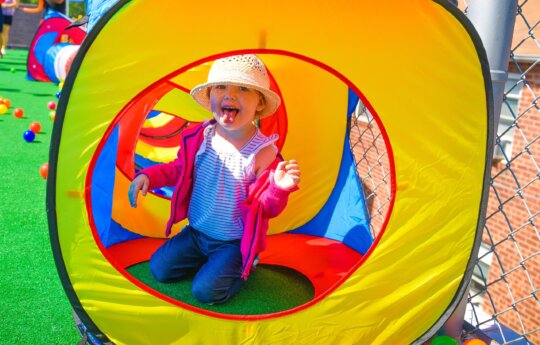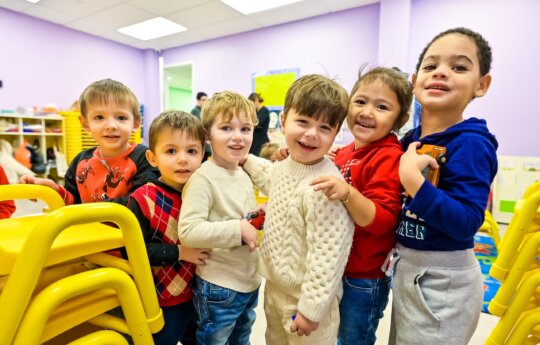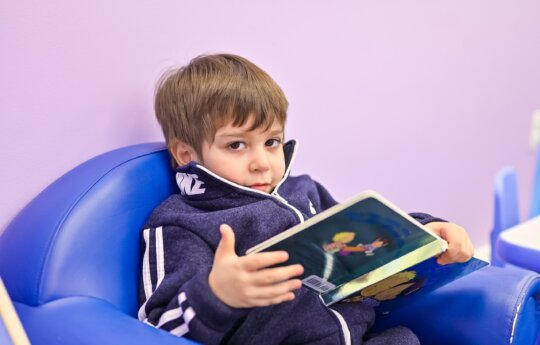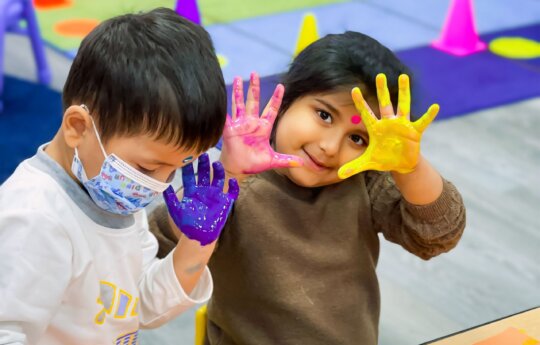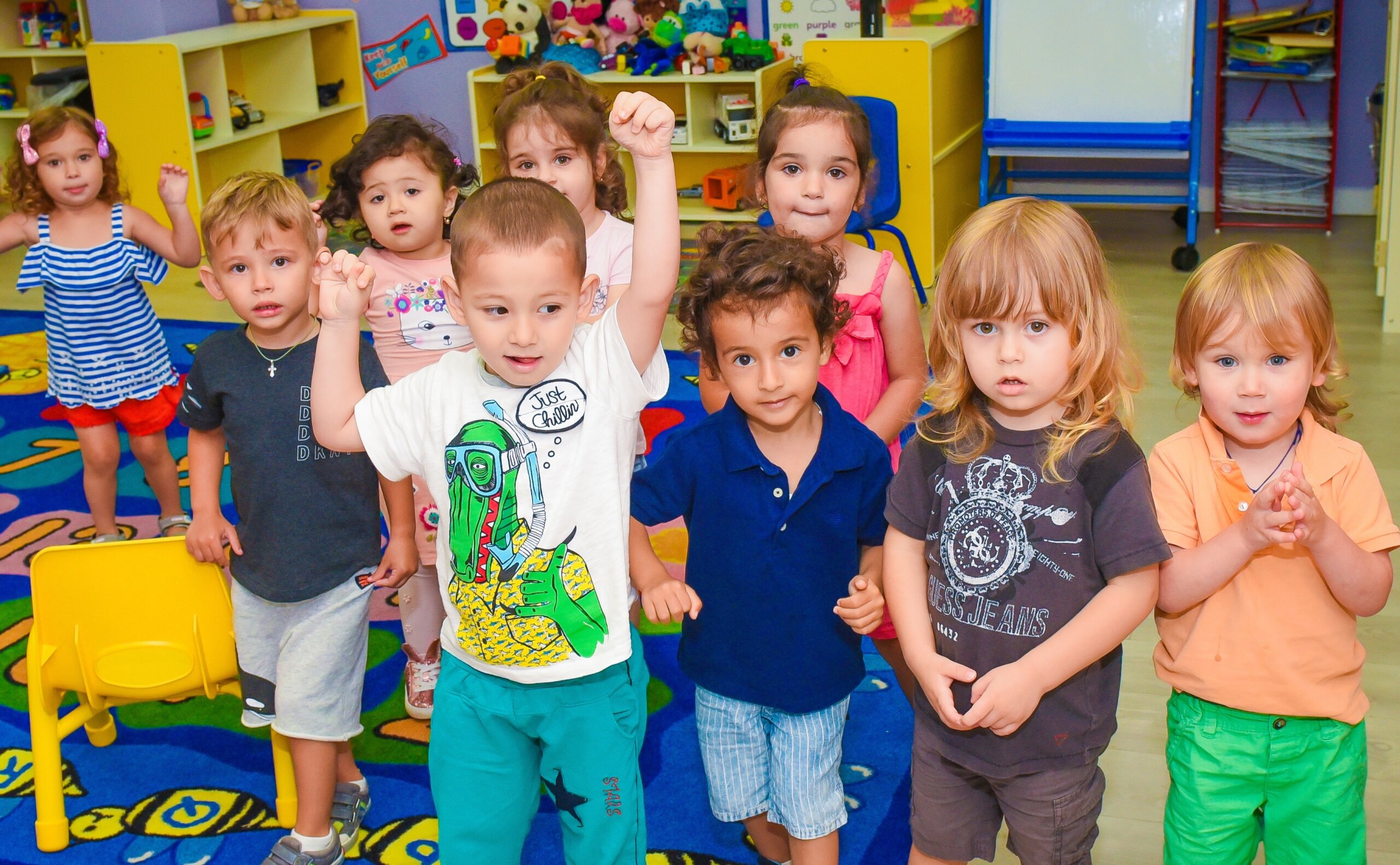
Social Emotional Learning (SEL) definition is provided by the Collaborative for Academic, Social, and Emotional Learning (CASEL), a leading organization in the field of SEL research and advocacy. According to CASEL, SEL is:
“The process through which children and adults understand and manage emotions, set and achieve positive goals, feel and show empathy for others, establish and maintain positive relationships, and make responsible decisions.”
This description shows that SEL is a big part of education and human growth. It focuses on developing emotional intelligence, social skills, and the ability to make good decisions from the child’s early years.
The Importance of SEL
SEL is very important for preschoolers because it sets them up for success in school and in life. The fact is that skills such as understanding, teamwork, and the ability to control emotions are best learned at a very young age. These are the skills that toddlers need to manage social situations, make friends, and help solve any problems that arise in the future. SEL helps children develop such skills.
Studies have repeatedly shown that children who get a good start in SEL do better in school, have better relationships with other children, and show better behavior. So, teaching kids about social skills and building good relationships will help them learn faster and better, and it will also benefit their health and growth.
Benefits for Early Development
Emotional Regulation and Understanding
When kids are in preschool, SEL really helps them learn how to handle their feelings and how to act in different settings. Children learn to deal with sadness and express themselves in a healthy way by naming and understanding their feelings. This builds a strong basis for emotional intelligence.
Improved Social Skills and Peer Relationships
SEL teaches important social skills like sharing, turn-taking, and having empathy, all of which are necessary for making friends. Preschoolers learn how to get along with others, solve problems, and see things from different points of view. These are all important skills for making friends and building social networks that last.
Enhanced Academic Performance
Researchers have found that exposing kids to SEL early on not only makes their social skills better, but it also helps them do better in school. SEL helps kids learn skills like staying focused, fixing problems, and not giving up, which helps them do better in school and in their studies.
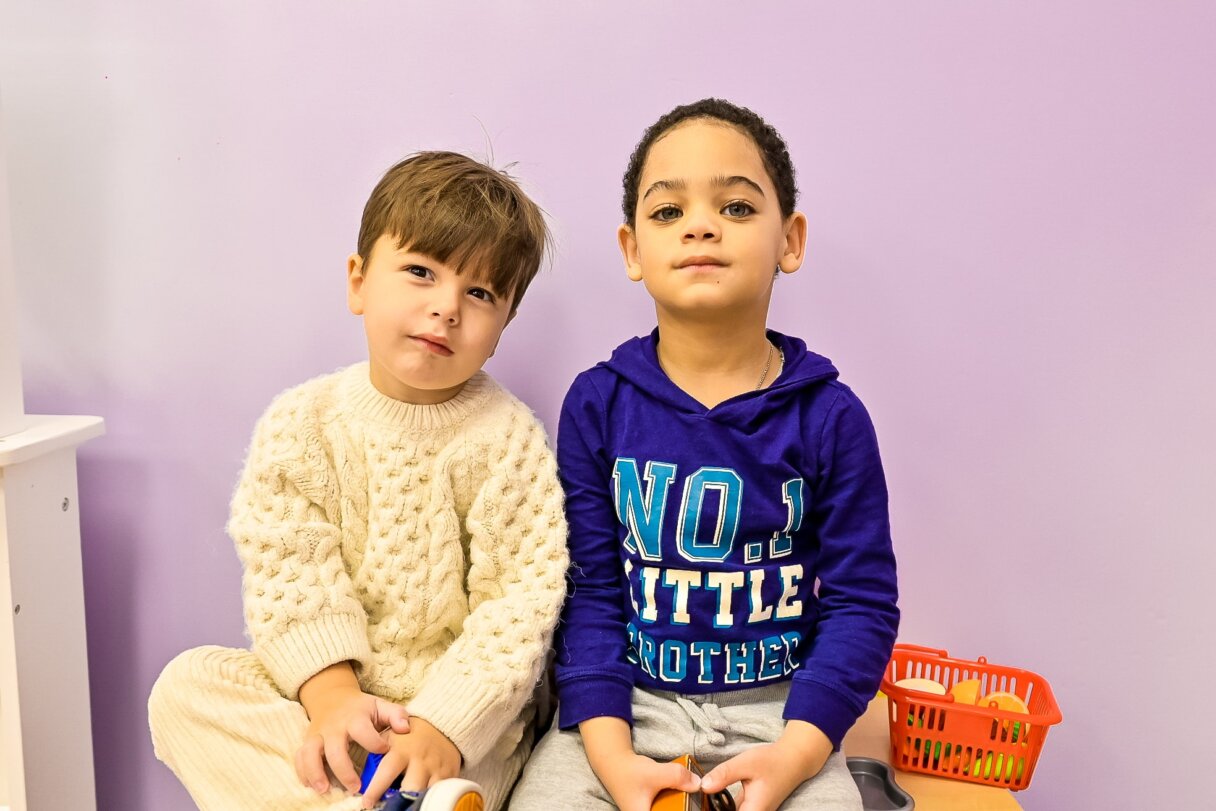
Long-Term Benefits
Career Success
The skills learned in early SEL education stay with a person into adulthood and help them do better in their job. Communication, teamwork, and problem-solving skills that work well are highly respected in the workplace, and SEL teaches these important skills.
Mental Health
Better mental health results are linked to early SEL. Children who learn how to control their emotions and deal with problems are less likely to develop mental health issues and are better prepared to deal with stress and problems throughout their lives.
Civic and Community Engagement
SEL helps people understand and care about others, which can lead to more political participation. When kids learn SEL concepts, they’re more likely to grow up to be people who do good things in their communities, vote, and speak up for themselves and others.
Core Components of SEL
| Self-Awareness | Being aware of your own feelings and thoughts: Teaching kids to be aware of their feelings and thoughts can help them see how these things can change how they act. Being aware of these things is very important for mental growth and learning how to handle things in the right way. Recognizing skills and weaknesses: Kids learn to figure out what they’re good at and what they might need help with. This helps them have a more accurate view of themselves and pushes them to keep improving. |
| Self-Management | Emotional regulation to deal with stress, curb urges, and keep yourself motivated: Children learn important skills like how to deal with stress, delay gratitude, and stay focused, which help them in school and in social settings. How to set and reach personal and academic goals: Kids can plan ahead and work toward both short-term and long-term goals if they learn how to set them. This is important for their school and personal success. |
| Relationship Skills | Building and keeping healthy, positive relationships: Knowing how to build and care for relationships helps kids have good relationships with their family, friends, and teachers. Communication and listening skills: Talking and listening clearly and actively is emphasized so that kids can say what they think and understand what others are saying. Negotiation and rejection skills: Kids learn how to respectfully discuss and stand up for themselves, which is useful for dealing with disagreements and group pressure. |
| Responsible Decision-Making | Making polite and helpful decisions about how to act and connect with others: Kids learn how to make choices that show respect for themselves and others, taking everyone’s well-being into account. Evaluating the results of different actions: Knowing what might happen if they make different choices helps kids make smart decisions that are both good and moral. |
Social Emotional Learning Activities
Activities for Developing SEL Skills
Group Activities and Games
Playing team games with kids helps them learn how to share, work together, and understand their roles in a group. Games like “Simon Says” teach kids to be responsible and listen carefully. “Red Rover” and other team games teach kids how to work together and talk to each other.
Role-playing Scenarios
This method involves children acting out various social situations, which helps them practice appropriate responses and develop empathy. Role-playing can address scenarios like resolving a dispute over a toy, sharing space during activities, or helping a friend who is upset, providing practical experience in handling common social situations.
Storytelling and Discussion
Kids can learn from the way other people deal with social problems when they hear stories about it. Talking about these stories gives you a chance to think about your feelings, decisions, and the results. Not only does this practice help kids understand better, it also lets them talk about how they feel about events that are similar to the ones they might face.
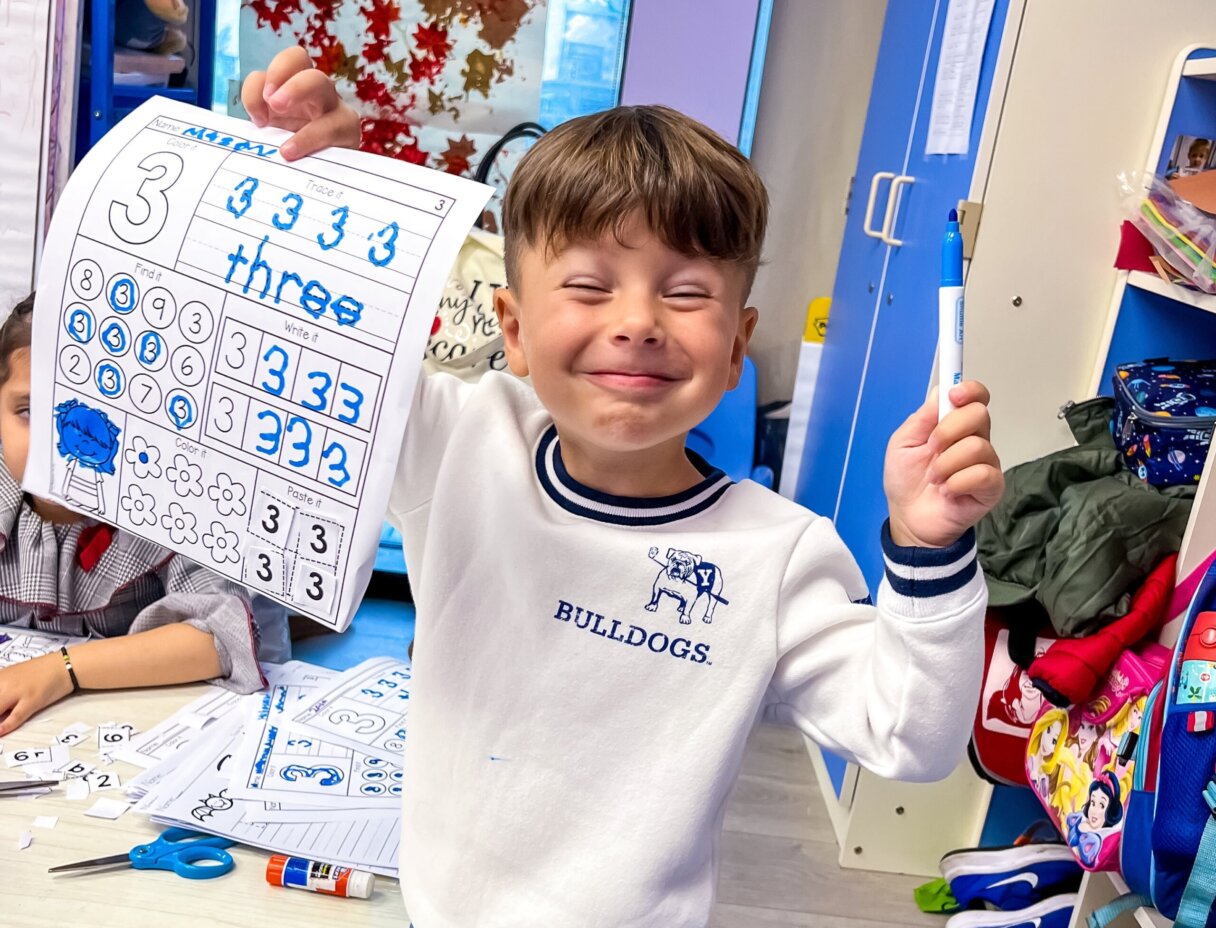
Worksheets and Tools
Emotion Cards
Kids can recognize and name their own and other people’s feelings with the help of cards with faces that show different moods. This practice helps people become more aware of their emotions and can lead to conversations about what might be making them feel that way and how to respond in a healthy way.
Problem-Solving Worksheets
These worksheets give kids social problems that need them to make smart choices. Guided questions help them think about what they could do and how that might affect others. This teaches them how to make good decisions.
SEL Journals
Giving kids books where they can regularly write down their thoughts, feelings, successes, and problems helps them think on themselves, which is an important part of becoming self-aware. You can also use this tool to make plans and keep track of your work in school or in your daily life.
SEL Curriculum Integration
Integrating SEL into daily lessons and routines involves nurturing important developmental skills in children. The following strategies can be found useful to incorporate the concept in the overall life of a classroom or daycare:
- Morning meetings: A morning meeting can be conducted every day where each child can share something about their experiences or feelings. The activity helps to build a sense of belonging and practice in expressive and listening skills. It also amounts for a nice start of the day, emphasizing the importance of regular emotional check-ins.
- Routine activities: Such activities that are conducted daily, such as becoming in one line or preparing for lunch, can be used to recall that one should be patient, allow others to speak, and express needs in a respectful manner.
- Conflict resolution: Everyday conflicts can be perceived as valuable resources. When children disagree, they can try to understand their feelings, express their point of view, encourage the opponent to give his opinion, listen to each other, and find a solution together.
- Reflective listening and reasoning training: Children can be taught to do reflective listening by repeating what they have heard from their partner before responding. This helps children think about the opponent’s point of view and feel empathy, which is a useful communication technique.
- Role-playing and simulations: Every month, a scenario can be offered to the children during which role-playing is to be done. It may be, for example, visiting the doctor’s, spending time at the playground, or losing an item. Such activities help to develop social consciousness, relationship skills, and decision-making.
- Mindfulness and relaxation techniques: Simple breathing activities, imagination games, or quiet time help the children to learn how to control emotions and reduce stress. This way, children teach themselves how to calm down and concentrate.
SEL Standards and Assessment
The SEL standards in the USA differ by state. The majority of states adopt their SEL standards following the frameworks of the nations’ most recognized organizations in developing benchmarks for Social and Emotional Learning programs, such as CASEL. New York State, including NYC, also has its own SEL standards, which have been developed accordingly to the national frameworks. For more information on the SEL standards at the national and state levels in the U.S., and especially in New York, will be covered below.
CASEL Framework
CASEL’s framework is widely regarded as the gold standard for SEL in the U.S. It outlines five core competencies:
- Self-awareness
- Self-management
- Social awareness
- Relationship skills
- Responsible decision-making
These skills are meant to help teachers add SEL to the classroom, and they are also used as a guide to make standards that are unique to each state.
New York State and New York City Standards
New York State has its SEL benchmarks, aligned with the CASEL competences. These standards are designed to help educators develop the necessary competences throughout every grade.
In terms of NYC, it implies an even broader approach to the issue, including educator training, specific curricula and programs, and new ways to incorporate SEL into the structure of teaching.
- Frameworks and Resources: The New York City Department of Education, or NYC DOE, provides a package of SEL resources, which include guides for daily social and educational activities, all kinds of toolkits, and trainings.
- Professional Development: It is emphasized that teachers be extensively trained so that they are prepared to run all the necessary programs.
- Community Involvement: It is noted that family and community engagement is fostered because SEL is something that cannot be taught without a family providing certain values.
- Progress Monitoring: In terms of general policies and guidelines concerning the development of SED, it is stressed that schools pay attention to their students’ progress via classroom assessments, as well as informal approaches of observation.
- Data-Driven Adjustments: Data from these assessments are used to tailor and improve SEL programming, ensuring that it meets the needs of all students.
In conclusion, New York’s efforts in the area of SED development, strengthened by CASEL. They reflect a comprehensive approach to the issue of developing the whole child, including the academic and social side of education. In addition, that these standards are supported throughout the state and provide a serious data-driven way of implementation proves their worth.
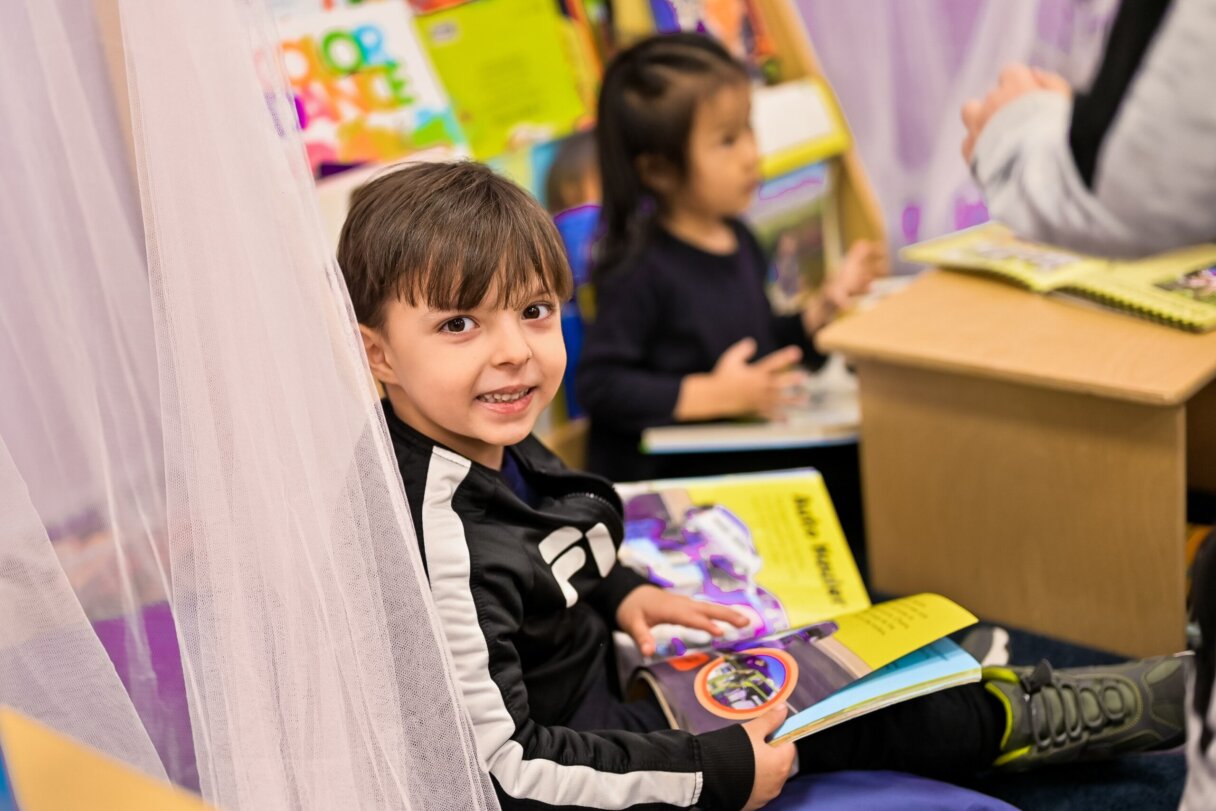
Conclusion
We at Little Scholars Daycare know how important social emotional learning is for the early developmental stages of children. Therefore, we make a point to shape our daily activities and curriculum in the light of SEL and provide an environment where every child can be successful, emotionally, socially, and academically. Our programs meet the highest standards of CASEL and the state of New York. We also believe that by laying emphasis on SEL, we are making sure that our children have all those essential skills to be successful in the modern world, become top-performing students in the future, and productive members of the society.

